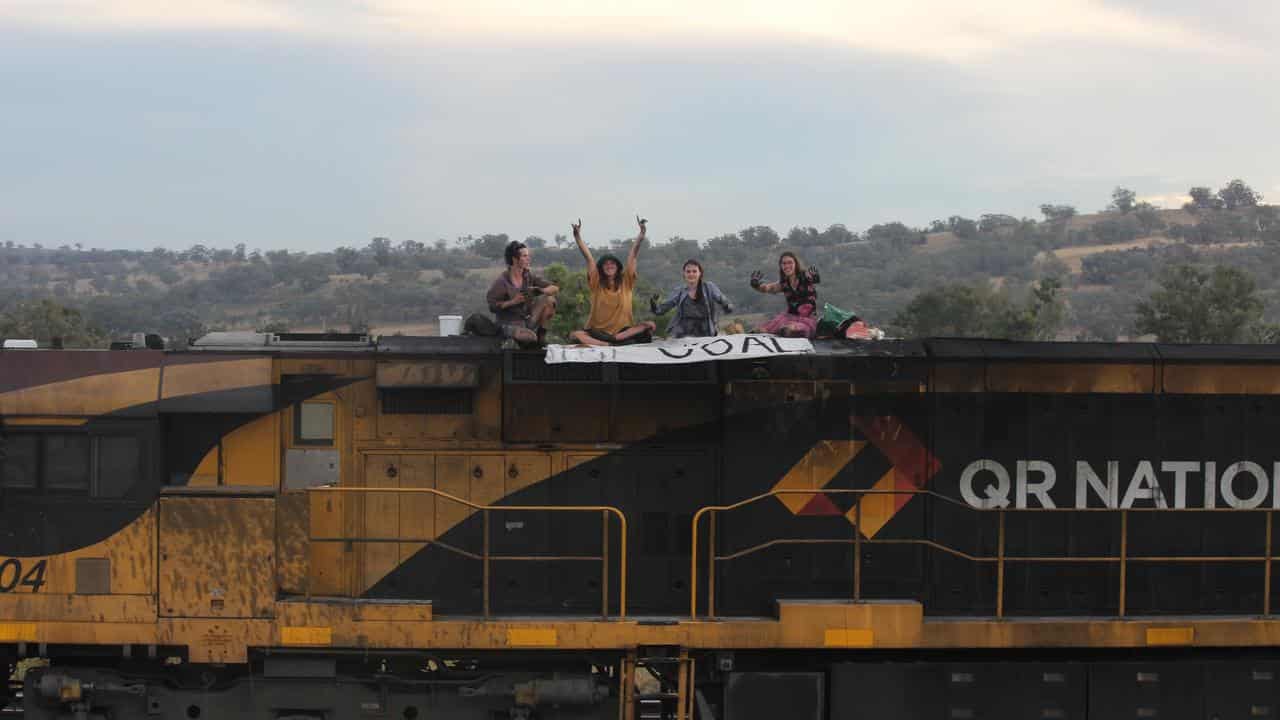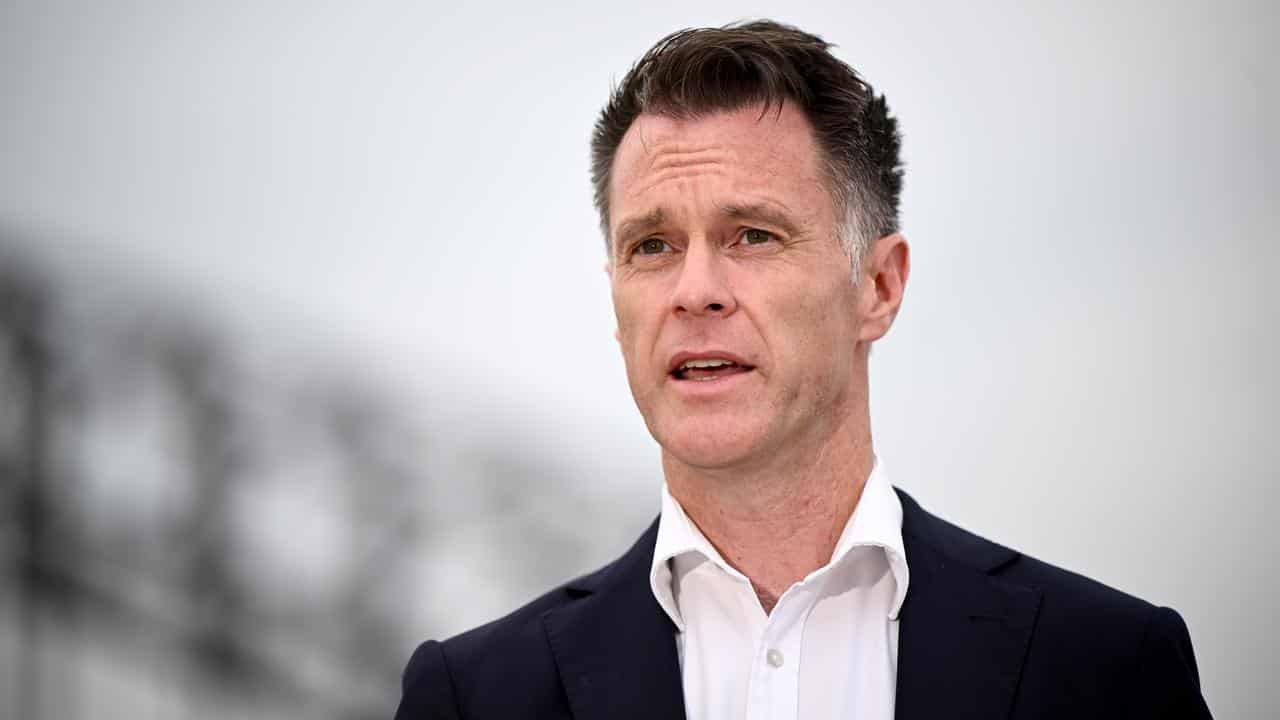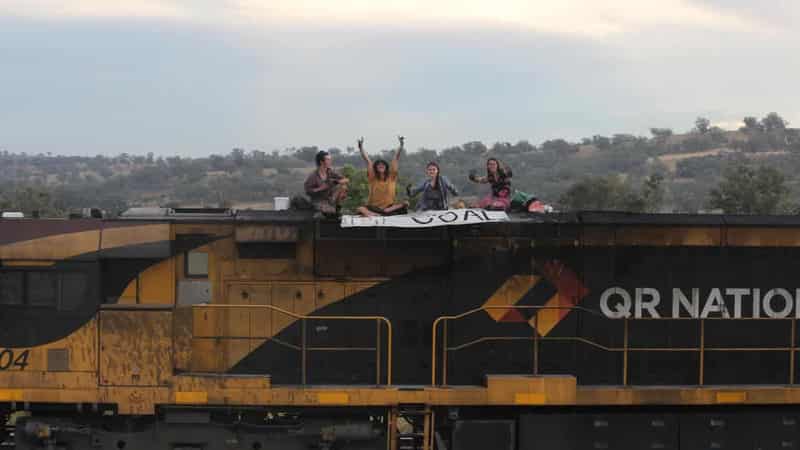
The NSW government has been accused of running a "sham" review of anti-protest laws as it rolls out changes that threaten thousands of dollars in fines for activists who block railways.
The state Labor government will introduce the addition to protest offences ahead of a looming blockade of the Port of Newcastle - the world's biggest coal port - although the laws will apply across NSW.
If the change passes parliament, a maximum $22,000 fine will apply for blocking a railway or tramway, such as those outside Sydney's Town Hall, where protesters frequently gather.
The offence already carries the threat of up to two years' imprisonment, but the legislation does not specify a fine - unlike similar offences for obstructing roads, bridges and major facilities such as ports.
The changes, which were passed with the support of both major parties under the former coalition government in April 2022, were meant to be reviewed with a report presented to parliament in October.
But Attorney-General Michael Daley was tight-lipped about the late review's whereabouts on Tuesday, telling reporters it would be "tabled shortly" and released "any minute now".
Greens MP Kobi Shetty said she feared the report would never be released to the general public.
"The so-called review of anti-protest laws has been exposed as a sham," she said.
"This government has no intention of tabling its findings or repealing laws that
(have been) found partially unconstitutional."
The Supreme Court declared part of the changes invalid in December 2023 after a challenge from activist group Knitting Nannas.
Ms Shetty has a bill before parliament to repeal the laws.
Premier Chris Minns had hinted at further changes to anti-protest laws earlier in November as the NSW Supreme Court considered a police application to stop the planned Newcastle climate protest, which it ultimately deemed an unlawful assembly.

Mr Minns on Tuesday said the addition of fines would send a message that blocking railway lines was not acceptable.
"Protests on railway lines are seriously dangerous and disruptive, and they are not tolerated in NSW," he said.
The state's response to protests has drawn criticism, including from within Mr Minns' party and the union movement.
Authorised protests are protected from prosecution for the offences, but police can apply to the court to deny a permit to rally organisers.
The mining lobby welcomed the latest change, saying the fine addition was sensible.
“While there will always be a hardcore group of extremists prepared to break the law and put themselves and others at risk, these increased penalties send a strong message to others that doing so will have potentially significant personal consequences," NSW Minerals Council chief executive Stephen Galilee said.









